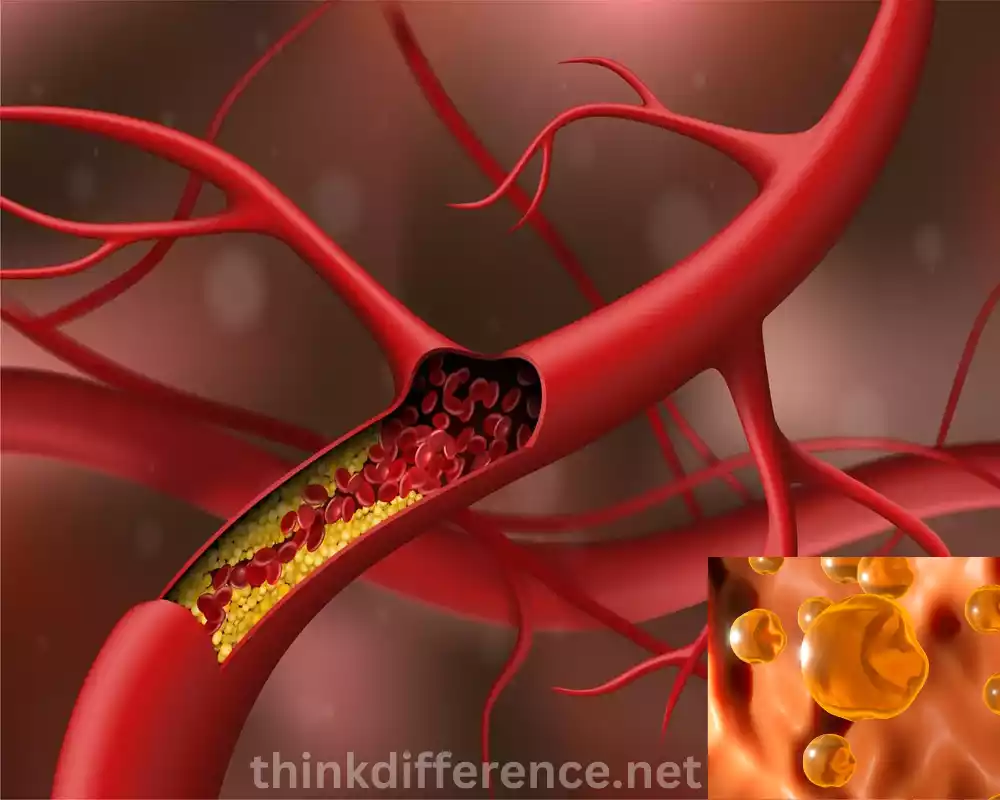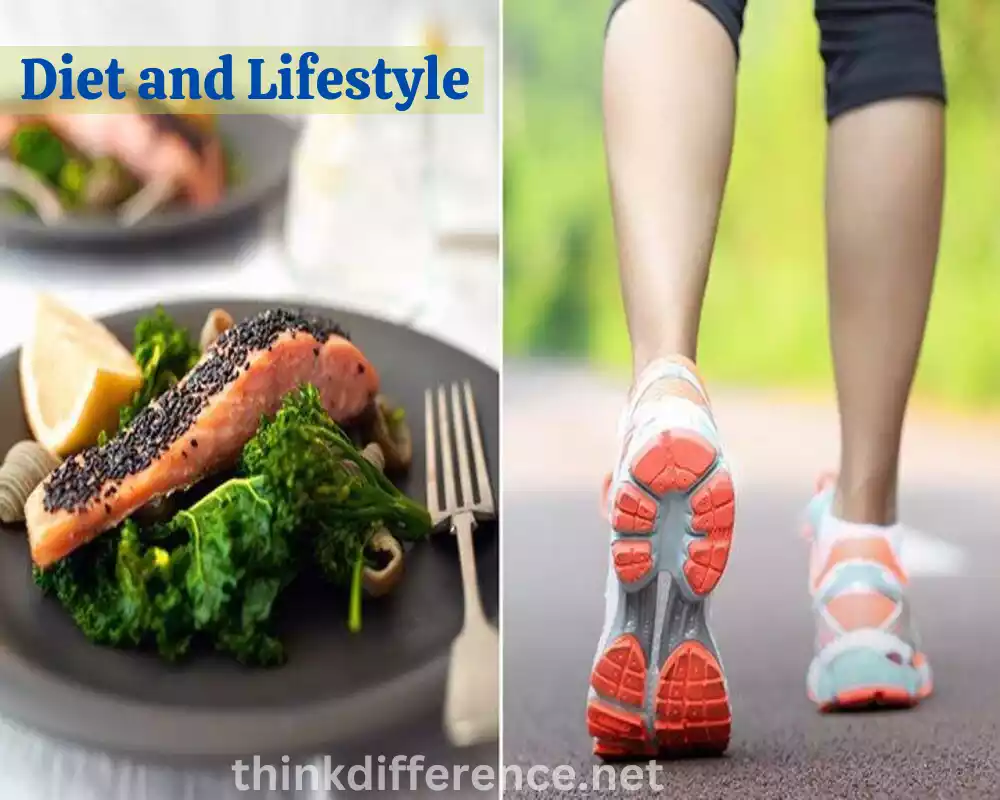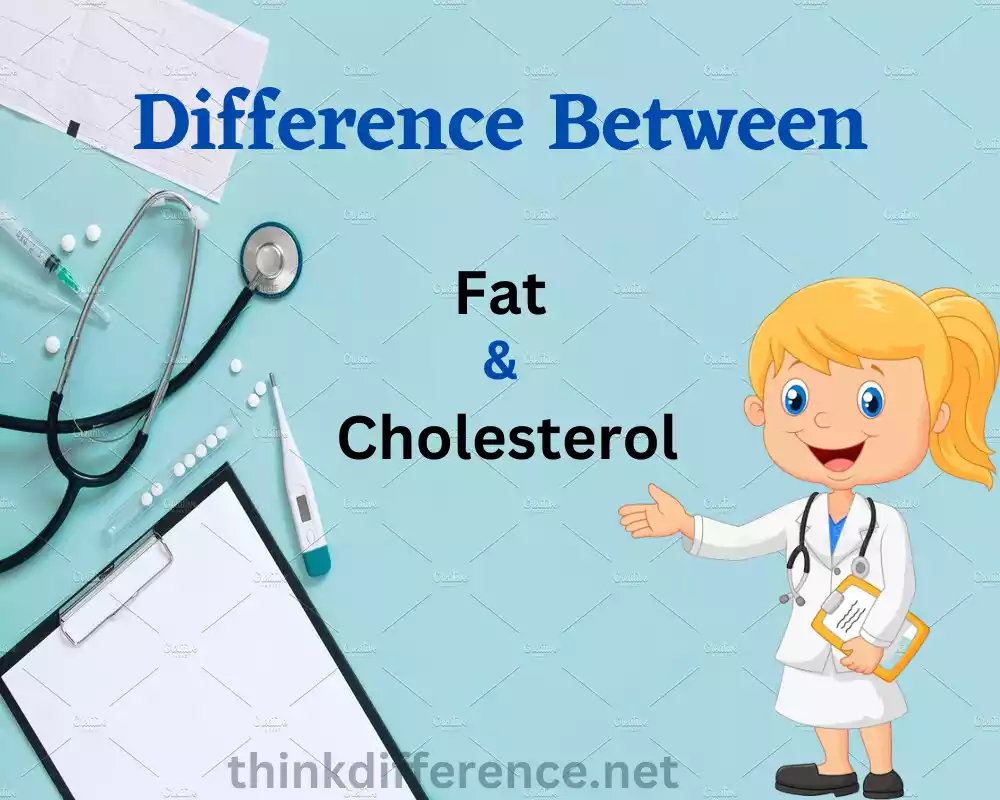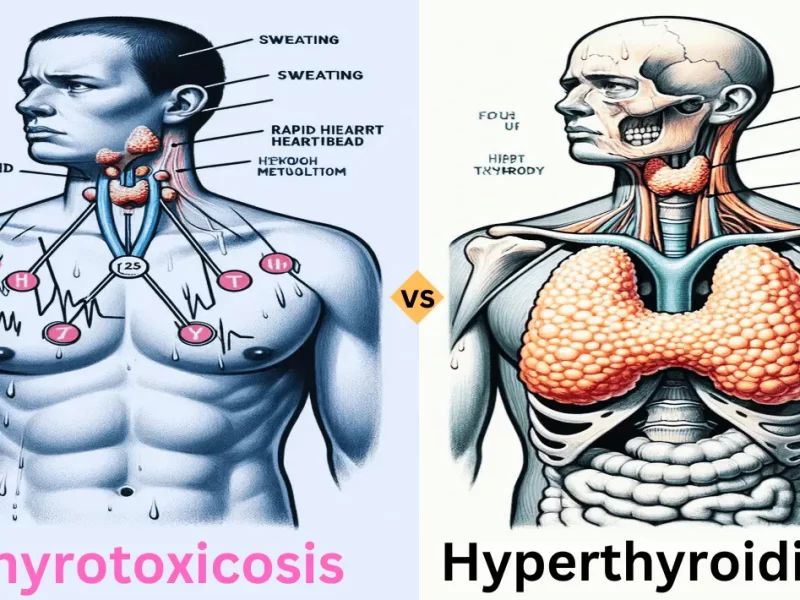Brief Explanation of Fat and Cholesterol
Fat and cholesterol both play important roles within our bodies and have significant ramifications on health.
Fat is a vital nutrient for body functions. It provides energy as well as aiding with the absorption of fat-soluble vitamins. Fat comes in different varieties saturated, unsaturated, and trans. Saturated and trans fats found predominantly in processed and animal products can increase obesity risks while unsaturated fats found in nuts, seeds, and vegetable oils can have more positive impacts on cardiovascular wellbeing when eaten moderately.
Cholesterol is produced in both food and the liver and plays an essential role in many bodily processes including hormone production, cell membrane formation, and vitamin D synthesis. LDL cholesterol, commonly referred to as “bad” cholesterol due to its contribution to plaque build-up within arteries and increasing risk for heart attack is one form of this substance while HDL (good cholesterol) removes LDLs to lower risk and protect against future episodes of heart attacks.
Maintaining good health requires striking an optimal balance between fats and cholesterol intake, with balanced consumption of healthy fats while limiting the intake of saturated and trans fatty acids as key elements of proper management of both. Also important for effective cholesterol regulation are foods like full-fat milk or red meat. Instead, choose fruit vegetables, and whole grain options instead as sources of high levels of cholesterol consumption. Exercise also plays a significant role in managing fat and cholesterol levels effectively.
What is Fat?

Fat is one of three macronutrients-carbs and proteins are also included–that serves as sources of energy and must be taken in for proper functioning of our bodies. Fat molecules contain carbon atoms combined with hydrogen and oxygen atoms which make up its molecules.
Fat is essential in our bodies for various reasons. First of all, fat serves as an energy source that delivers more than twice as much per gram than carbohydrates or proteins do; secondly, our fat stores can act as fuel reserves when energy demands exceed food intake; finally they also act as an emergency storage source during times of high energy demand or scarcity of resources.
Fat is essential in aiding absorption of fat-soluble vitamins such as D, E and K; fat plays an integral part in their absorption into various tissues via diet fatty acids that transport these vitamins directly.
Fat is essential in the structure and functionality of cell membranes. Fat in cell membranes provides structural integrity as well as signalling pathways between cells for signalling purposes and communication purposes.
Fat serves a dual function; both as protection and insulation for important organs. Adipose tissue, composed largely of fat cells, serves to control body temperature by acting as an insulation barrier between organs.
Humans consume different kinds of fats:
- Saturated Fat: Substances high in saturated fats increase your risk for heart disease. It should be consumed responsibly to lower this risk.
- Trans fat: Trans fat is an artificially produced type of dietary fat produced through hydrogenation. This process turns liquid vegetable oil into solid form for consumption in foods like fried and processed snacks, baked goods and margarine; trans fat has also been associated with an increased risk of cardiovascular disease.
- Unsaturated fats: These include both monounsatured (mono-) and polyunsatured lipids. They’re often found in plant oils like olive, avocados and canola oils, seeds nuts fish as well as being found naturally within fruits such as avocado. Polyunsaturated fatty acids in particular have many health benefits when consumed moderately – particularly polyunsaturates!
Maintaining good overall health requires selectinging healthy sources of fat in moderation and eating them responsibly. According to the American Heart Association, most fat intake should come from unsaturated sources while restricting saturated and trans fat consumption.
What is Cholesterol?

Cholesterol or cholesterol for short is an oily substance produced in our livers but also found in certain food items. Although its name implies otherwise, cholesterol plays an integral part of multiple bodily processes and should not be overlooked as part of daily nutrition.
Cholesterol is essential in the formation and function of cell membranes. It provides fluidity and integrity of these structures while controlling how substances enter or leave their respective cells.
Cholesterol serves as an important building block in the production of several key substances, including bile acid which aids with digestion and absorption, cortisol and estrogen hormones and vitamin D which is critical to calcium absorption.
Lipoproteins play an integral part in transporting cholesterol through our bodies’ circulatory systems and two types are specifically involved: Apolipoprotein E and C are among the many lipoproteins responsible for doing just this.
- Low Density Lipoprotein cholesterol: Low Density Lipoproteins, more commonly referred to as low density Lipoproteins or “bad cholesterol” is produced in our livers before traveling directly into cells for storage and digestion. High LDL levels can lead to plaque build-up within our arteries and restrict blood flow reducing circulation thereby increasing risk for heart attack.
- High Density Lipoprotein cholesterol: High Density Lipidoprotein or “good cholesterol”, also referred to as HDL for short, is a lipid which works to remove extra cholesterol from circulation by returning it back to your liver for processing and elimination. Increased HDL levels have been linked with decreased cardiovascular disease risk.
Though cholesterol is necessary for proper bodily functions, excess levels or an imbalanced ratio between LDL and HDL levels can increase cardiovascular risks such as heart attacks or strokes. Diet, physical activity and genetic factors all can have an influence on one’s cholesterol levels.
Maintain healthy cholesterol levels through diet by restricting trans and saturated fat intake; these increase LDL cholesterol. Stick with foods high in unsaturated fatty acids such as avocados, nuts & seeds, olive oil and other healthy sources. Regular physical activity is key here too as is maintaining a healthy weight without tobacco use!
For optimal cardiovascular health, those who have high cholesterol or previous history with cardiovascular disease must make lifestyle adjustments or take medication as soon as they notice elevated cholesterol.
Differences Between Fat and Cholesterol
Fat and cholesterol each possess unique properties and functions within the body, with cholesterol having greater structural density compared to fat.
Here are a few key differences between cholesterol and fat:
1. Composition:
- Fat: Fat is an essential dietary macronutrient composed of carbon, oxygen and hydrogen atoms and made up of molecules of glycerol and fatty acids that may or may not contain double bonds – this distinction determines which category the fat falls into.
- Cholesterol: Cholesterol is a type of lipid made up of carbon, oxygen and hydrogen atoms arranged into an annular structure.
2. Functions:
- Fat: Fat is an energy source found throughout our bodies that contains 9 calories per gram – making it one of the densest forms of nutrition available to us. Fat also affects absorption of fat-soluble vitamins A, D, E and K which make its presence significant for absorption purposes. Fat provides insulation, cushioning and membrane structure support functions in cells and membranes.
- Cholesterol: Cholesterol plays an essential part of body functions. As part of cell membranes and contributing to their structure, cholesterol acts as a precursor for estrogen, testosterone and cortisol hormone production and also contributes to production of bile acid which aids fat digestion.
3. Role in Health:
- Fat: Although fat plays an essential role in body functions an excessive intake of saturated and trans fats may increase obesity risk as well as cardiovascular disease risk. Unsaturated fatty acids tend to be better and may positively contribute to heart health when consumed moderately.
- Cholesterol: Cholesterol can have an immense effect on cardiovascular health. When blood LDL (or “bad” cholesterol) concentrations exceed recommended limits, their risk increases while higher HDL (“good”) cholesterol can decrease it and therefore lessen risk.
4. Sources:
- Fat: Dietary fats come from either animal or plant sources. Animal-sourced fats can be found in poultry, meat, dairy products and seafood while plant sources include avocados, nuts, seeds and oils.
- Cholesterol: Cholesterol can be found in animal products like meat, poultry, full-fat milk and eggs. Plant-based food typically does not contain cholesterol unless specifically specified such as tropical oils like coconut or palm kernel oils.
Fat is an energy source. Cholesterol plays an integral part in many bodily processes and categorizing fat is possible through saturated fatty acid saturation levels. But cholesterol itself exists solely as one molecule. Both fats and cholesterol play an essential part of our wellbeing – specific kinds of dietary fats increase risk for heart disease while an imbalance of cholesterol levels could increase it further. To maintain wellness it’s crucial that healthy food choices be made when selecting fat-containing products or in moderation when eating fats moderately.
Impact on Health
Fat and cholesterol have an enormously negative influence on health, with their levels and types impacting various aspects of well-being. Their effects include:
Fat-related Health Concerns:
- Obesity: An excess ingestion of fats such as saturated and trans lipids may contribute to obesity and weight gain, specifically unhealthy forms like saturated and trans lipids. When more fat calories than necessary enter your system it causes an imbalance and excess adipose tissue storage of that extra calorie-laden food source.
- Cardiovascular Diseases: High levels of LDL (bad cholesterol), caused by saturated and trans fats, can contribute to cardiovascular diseases. An increase in LDL may cause plaque build up in arteries — raising your risk for stroke, heart attack and cardiovascular disease. When consumed responsibly with an appropriate balance of polyunsaturates fatty acids they can improve heart health.
- Type 2 Diabetes: Studies have linked eating foods high in fat, particularly trans fats, to an increased risk of type 2 diabetes. An intake of unhealthy fats could make cells less responsive and lead to elevated blood sugar levels as a result.
Cholesterol-related Health Concerns:
- Atherosclerosis and High LDL Cholesterol Levels: Elevated LDL cholesterol levels can cause plaques to form on arterial walls, narrowing and hardening them over time – leading to atherosclerosis which increases risk for cardiovascular conditions such as heart attacks and strokes.
- Cardiovascular Disorders: To be at an increased risk for cardiovascular diseases is to have high LDL (the “bad”) cholesterol and low HDL (“good” cholesterol) levels in one’s system, leading to plaque build-up that blocks off arterial routes, decreasing blood flow to heart muscle areas and raising risk of attacks on them.
- Gallstones: High cholesterol levels may contribute to gallstone formation. Gallstones are hardened deposits formed in the gallbladder from high levels of bile cholesterol that form gallstones forming in this manner and cause abdominal discomfort as well as digestive problems.
Managing Fat and Cholesterol Intake:
- Adopting healthy lifestyle choices is vital for mitigating cholesterol and fat’s effects on health.
- Make sure your diet includes balanced portions of healthy fats like those found in avocados, nuts and seeds, olive oil and other sources such as nuts.
- Reducing intake of saturated and trans fats. You’ll find these unhealthy oils in baked goods, processed food products, fast foods such as fast food outlets or fast foods like fast food chains as well as in fried and processed meat products.
- Include foods rich in soluble fiber – whole grains, legumes, fruits and vegetables – into your daily diet for maximum benefits.
- Physical activity is integral in supporting weight management, cardiovascular wellness and managing cholesterol levels. Regular participation should help people remain on a path towards healthiness by supporting weight control, cardiovascular benefits and controlling cholesterol.
- Smoking increases heart disease risk and has adverse impacts on cholesterol levels.
Consult healthcare providers such as registered dietitians or physicians for tailored advice tailored to your unique health conditions and needs.
Managing Fat and Cholesterol
Maintaining good health and decreasing heart disease risk requires monitoring cholesterol and fat intake, among other measures. Here are a few suggestions on how you can do just that:
Choose Healthy Fats:
- Choose foods high in unsaturated fats like avocados and nuts.
- Include omega-3 rich fish such as salmon, mackerel or sardines for optimal nutrition.
- Limit the intake of saturated and trans fats found in meats and dairy products with high amounts of saturated and trans fatty acids such as coconut and palm oils, respectively.
- Trans fatty acids can be found in baked goods, processed food products, fast foods and margarines – these should all be consumed sparingly to remain health.
Increase Fiber Intake:
- Consume foods rich in soluble fiber such as whole grains, beans, fruits and vegetables to lower LDL cholesterol.
- Consuming such food promotes heart health while simultaneously managing weight.
Eat Lean Protein:
- Include lean proteins like fish, skinless chicken breasts, beans, lentils and tofu in your daily diet.
- Consume less processed meats and high-fat cuts of meat as these may increase both saturated fat intake and cholesterol.
- Choose Low-Fat Dairy Products:
- Choose low-fat dairy products like skimmilk, low-fat yoghurt and reduced-fat cheddar to support healthier living.
- These options offer essential nutrition at lower levels of saturated fat.
Limit Cholesterol-rich Foods:
- Substituting foods that are high in cholesterol with saturated or trans fats for greater impactful reduction.
- Food-grade cholesterol has less of an influence than synthetic forms on levels.
Portion Control and Moderation:
- Controlling portion sizes is critical in limiting intake of calories from fats.
- Always monitor the portion sizes for foods high in fat such as oils, nuts and seeds that contain high caloric intake – they have high caloric density!
Regular Physical Activity:
- Regular aerobic exercises like cycling, brisk walking or swimming can help maintain a healthy body weight and enhance heart health.
- Exercise increases HDL (good cholesterol) while simultaneously decreasing LDL (bad cholesterol).
Maintain a Healthy Weight:
- An effective combination of diet and physical activity will enable you to reach an appropriate bodyweight.
- Losing excess pounds may improve cholesterol profiles and cardiovascular health.
Quit Smoking and Limit Alcohol Consumption:
- Smoking greatly increases heart disease risk while simultaneously decreasing cholesterol.
- Moderate alcohol intake may help limit weight gain while raising triglyceride levels.
Consult a registered dietitian or healthcare provider for guidance and advice regarding managing fat and cholesterol levels based on your individual circumstances, medications, diet and dietary restrictions.
Diet and Lifestyle
Diet and lifestyle decisions can play an essential role in treating high cholesterol conditions like metabolic syndrome.

Here are a few recommendations for leading a healthier diet and lifestyle:
Eat a Balanced Diet:
- Diets rich in fruits and vegetables provide essential sources of essential vitamins, minerals and antioxidants for good health.
- Providing yourself with healthy options like fruits and veggies may lead to happier living.
- Choose lean protein sources like fish, poultry, legumes and tofu.
- Your protein sources of choice for maximum nutrition and overall wellness.
- Moderation is key when it comes to eating healthful fats like avocados, seeds, nuts and olive oil.
Reduce Saturated and Trans Fats:
- Reduce or avoid consumption of saturated fats such as those found in red meat, full-fat dairy products and tropical oils such as coconut and palm oils.
- Also limit trans fat consumption found in foods like baked goods, fast foods or processed snacks.
Increase Intake of Unsaturated Fats:
- Include foods rich in healthy fats such as avocados, almonds, seeds and olive oil into your diet to improve cholesterol levels and foster cardiovascular wellness.
- These fats may help lower cholesterol and support overall heart health.
Choose Low-Fat Dairy Products:
- Substituting dairy products such as milk, yogurt and cheese that contain reduced or no fats to lower your saturated fat consumption can be helpful.
Increase Fiber Intake:
- Fiber helps lower cholesterol and improve digestion.
Limit Added Sugars and Sodium:
- Reduce sugary drinks and snacks as well as sweets and drinks with high concentrations of added sugars.
- Decrease sodium consumption by eating fewer processed and packaged food with higher salt concentrations.
Be Mindful of Portion Sizes:
- Portion control can help manage weight and avoid overeating.
- One great way of doing so is using smaller bowls and plates – so no second helpings!
Stay Hydrated:
- Water is essential to health and overall wellness.
Engage in Regular Physical Activity:
- At least 150 minutes per week of moderate intensity aerobic exercise such as cycling, brisk walking or swimming should be conducted for optimal health and weight maintenance.
- Strength training provides another great means of increasing muscle mass and metabolism.
Manage Stress:
- Utilize stress reduction strategies such as deep breathing exercises, meditation and yoga or participating in enjoyable hobbies to ease tension.
- Insomnia leads to poor eating habits as well as overall poor health outcomes.
Get Sufficient Sleep:
- To promote optimal energy and health, aim for 7-9 quality hours of sleep each night.
Avoid Smoking and Limit Alcohol Consumption:
- If you don’t smoke already or intend on starting, refrain from starting. Smoking raises cholesterol levels and heart disease risk significantly.
- Moderate drinking should also be consumed (one drink for women per day and two drinks per man daily or as advised by healthcare providers)
Consult a registered dietitian or healthcare provider for personalized advice if you are concerned about specific health conditions or diet plans, so they can tailor advice specifically tailored for you, helping create an appropriate meal and lifestyle plan that best meets your individual needs.
Conclusion
Understanding the role of fat and cholesterol in our bodies is essential for making informed decisions about our diet and lifestyle. Incorporating healthy fats, managing cholesterol levels, and maintaining an active lifestyle are key components of promoting heart health, cognitive function, and overall well-being.
By embracing the right fats and cholesterol in moderation, we can embark on a path towards a healthier and happier life.



